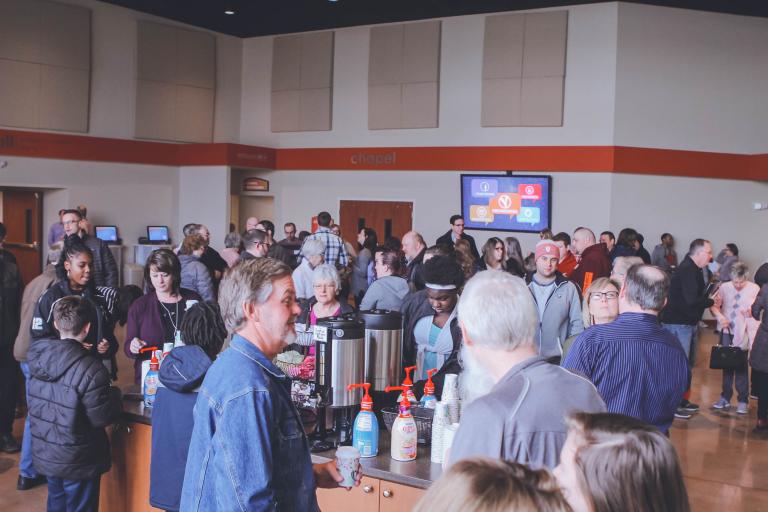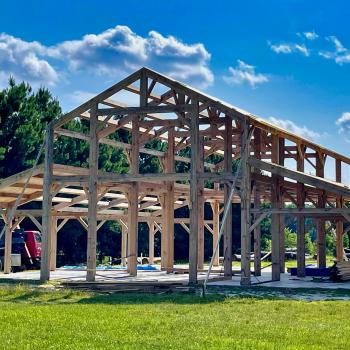When the Covid-19 pandemic rushed through Christendom in 2020, it rattled an already unstable system. For years, the bigger denominations have seen a steady decline in membership. Stories about people being wounded rather than edified by the church had become commonplace. An array of clergy addictions – embezzlement, adultery, deceit – were a plague on church leaders and church communities.
Many were leaving the church outright. Others were reconsidering what church is supposed to be. What it looks like and why.
Enter Disease
When Covid-19 came along, these were well established realities in the Modern American church. These issues were being addressed in a variety of ways – more accountability for church leaders, different worship service designs (like sitting in a circle rather than rows), and a reevaluation of many church norms surrounding inclusion, just to name a few.
At the same time, God’s people continue to do good things. Church is not all bad and many have found life, and life abundant, through participation in their local church.
Then, the pandemic swept through and put our services on pause.
Churches scrambled to put on an online version of their Sunday services. And small groups took to ZOOM.

Many Christians, over the past year and a half, have been wondering what they should do about church. Do we go back? When? And, most importantly, what did we miss about church?
Restructuring
Most of the people we talk to about church missed their Sunday services the same way they missed the NBA playoffs. That may sound crude, but it seems to be true to a significant degree.
What people seemed to miss, like really, really missed, is their small groups. The gathering of their community.

Which has bled into a growing movement of new home churches and “micro” churches around the country.
Not only have many believers discovered small group involvement as the real heart of church, they are starting to see it as an opportunity to address many of the ills that were plaguing the church well before the pandemic came along.
For us, we have totally changed the way we think about church. Our small group means so much to us that we now consider it our “church”. When people ask, “where do you go to church?”, instead of saying the name of the place I go to one hour a week, I now tell about my “small group”.
In fact, I have discovered that some of the best manifestations of church happen through the small group medium. It is easier to serve together, to truly be seen and heard, to be held accountable, to wrestle through tough decisions and life realities, just to name a few.
To be fair, the church as an institution (in some places) has been saying this for some time. The importance of community group involvement, and that we need to take our walk into our week.
But there is one problem; our structure does not match our message. Said another way, the design of church, the mindset around it, the efforts we put into it, and the things we celebrate and invest in do not communicate the value of daily living. They communicate the value of a weekly performance.

What we need to do is call it what it is. Sunday morning is not church. Sunday morning is like a conference where many churches gather. In that proper context, Sunday morning is doing its job. But it isn’t really church. Church is your small group, the people you are doing life with on the daily. You gather and eat and pray and serve. You are known and invited to know.
We’ve got the cart before the horse. And that consistent structure feeds a mindset that reinforces a certain kind of behavior, one that often undermines the true expression of what church ought to be (even of what a church says it is).
What do we do moving forward? How do we take the opportunity of a global pause to reevaluate and reframe our structures? It will come at a cost and it will take an adjustment. But the change is less in practice than in perception (the practice, in turn, will follow the change in perception).
The pandemic is always going to be a marker in human history. What will it mark for the American church? What we decide in the coming years, what each of us decides in the coming months, will help to shape American Church for years to come. Will we choose more of the same or will we take this opportunity to really and truly, humbly and honestly, rethink church?












